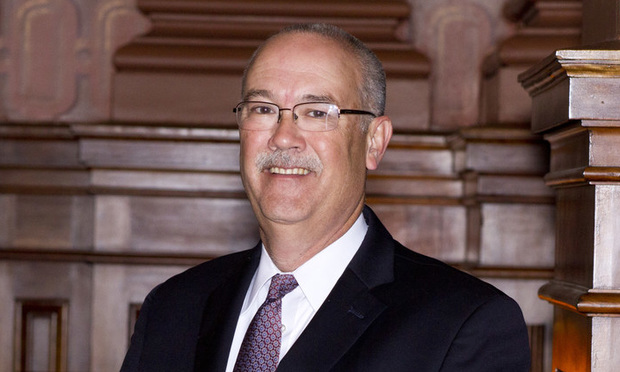By definition, judges play a huge role in the legal community, so we want to know as much as possible about them. Part of this effort includes a series we’re calling “Questions for the Bench,” in which we’ll ask judges to answer about a dozen questions about their jobs, their backgrounds, their preferences for how lawyers present cases, and other matters.
Judge Stephen Goss of the Court of Appeals, who was elevated from a Superior Court last year, agreed to be our first subject. Here are our questions and his answers:


 Judge Steve Goss, Georgia Court of Appeals. (Photo: John Disney/ALM)
Judge Steve Goss, Georgia Court of Appeals. (Photo: John Disney/ALM)





